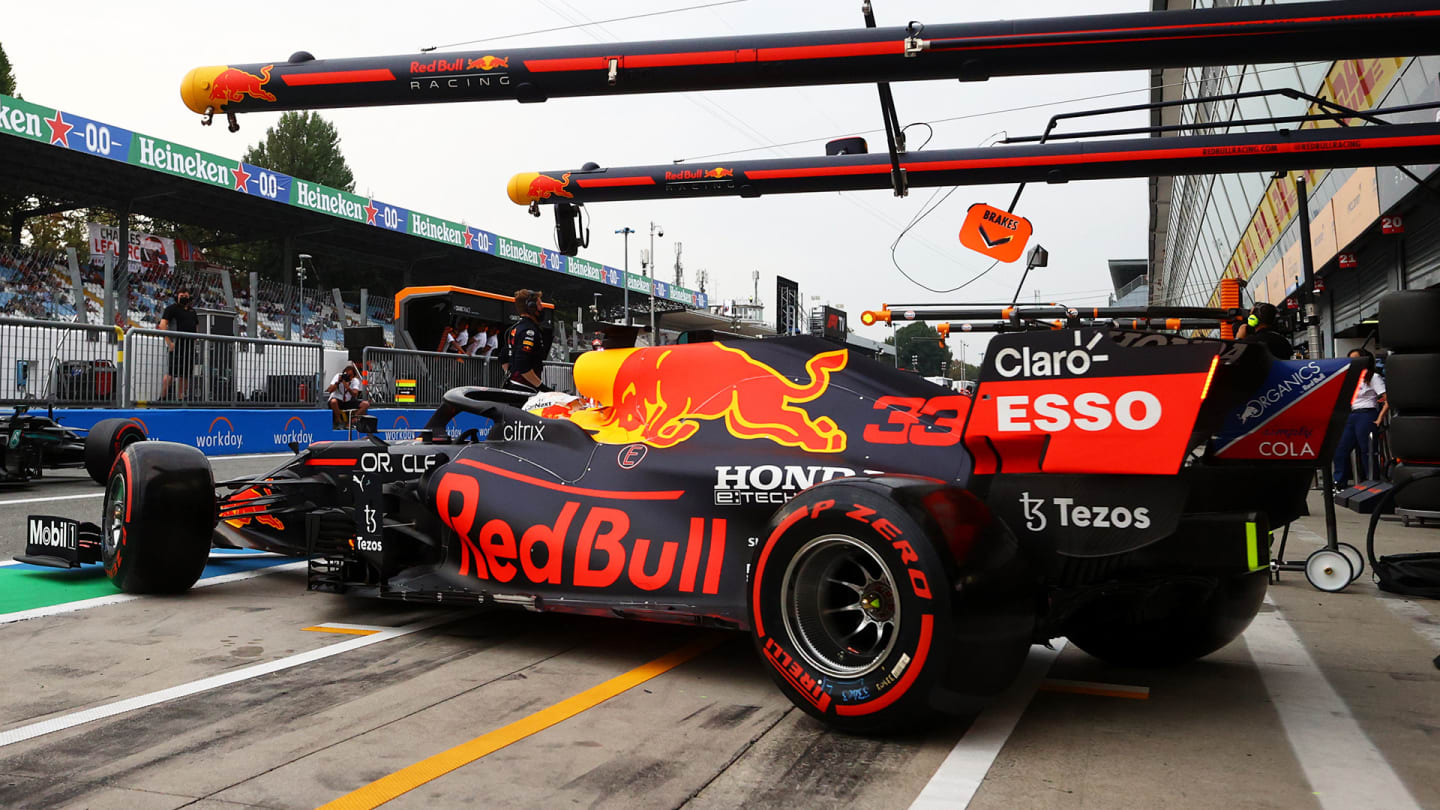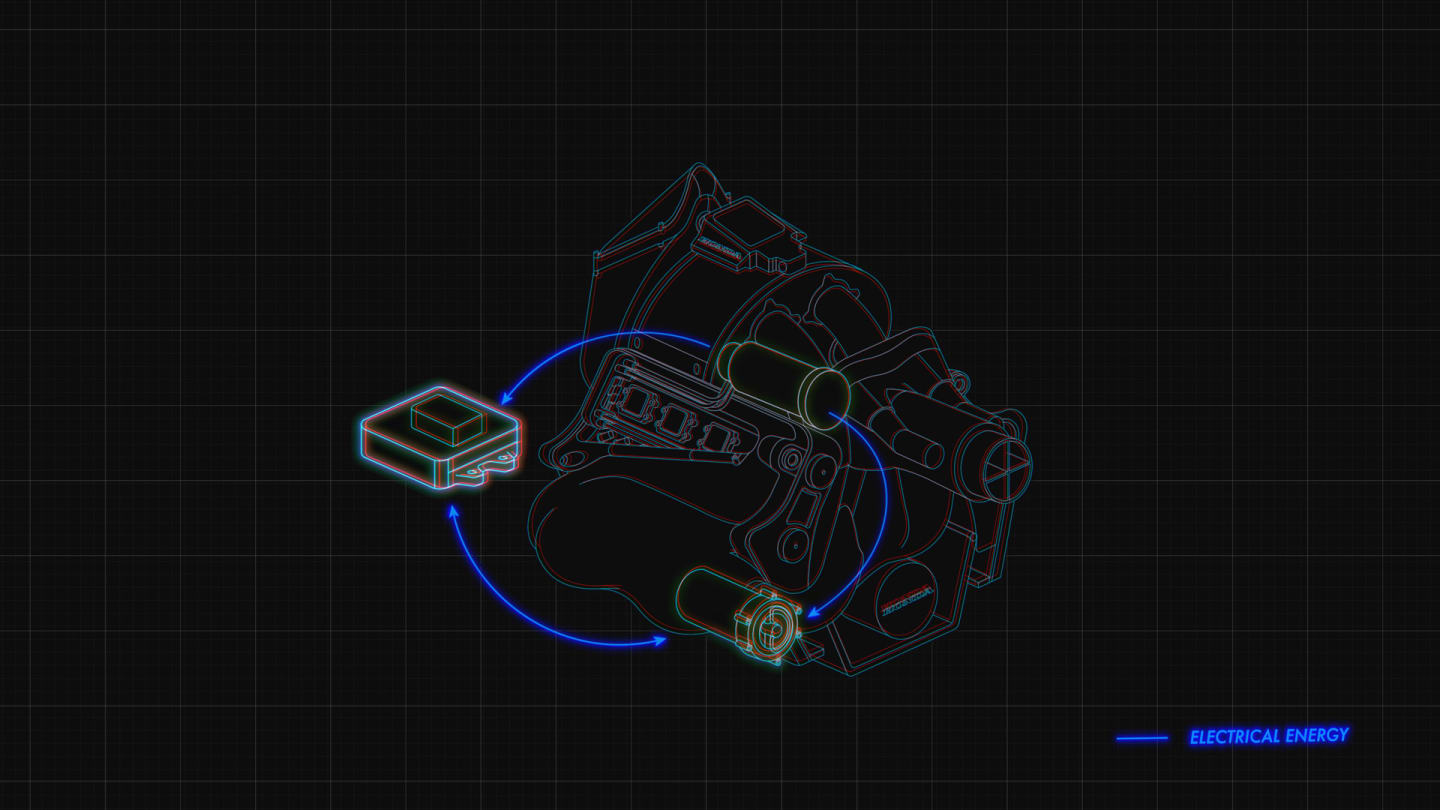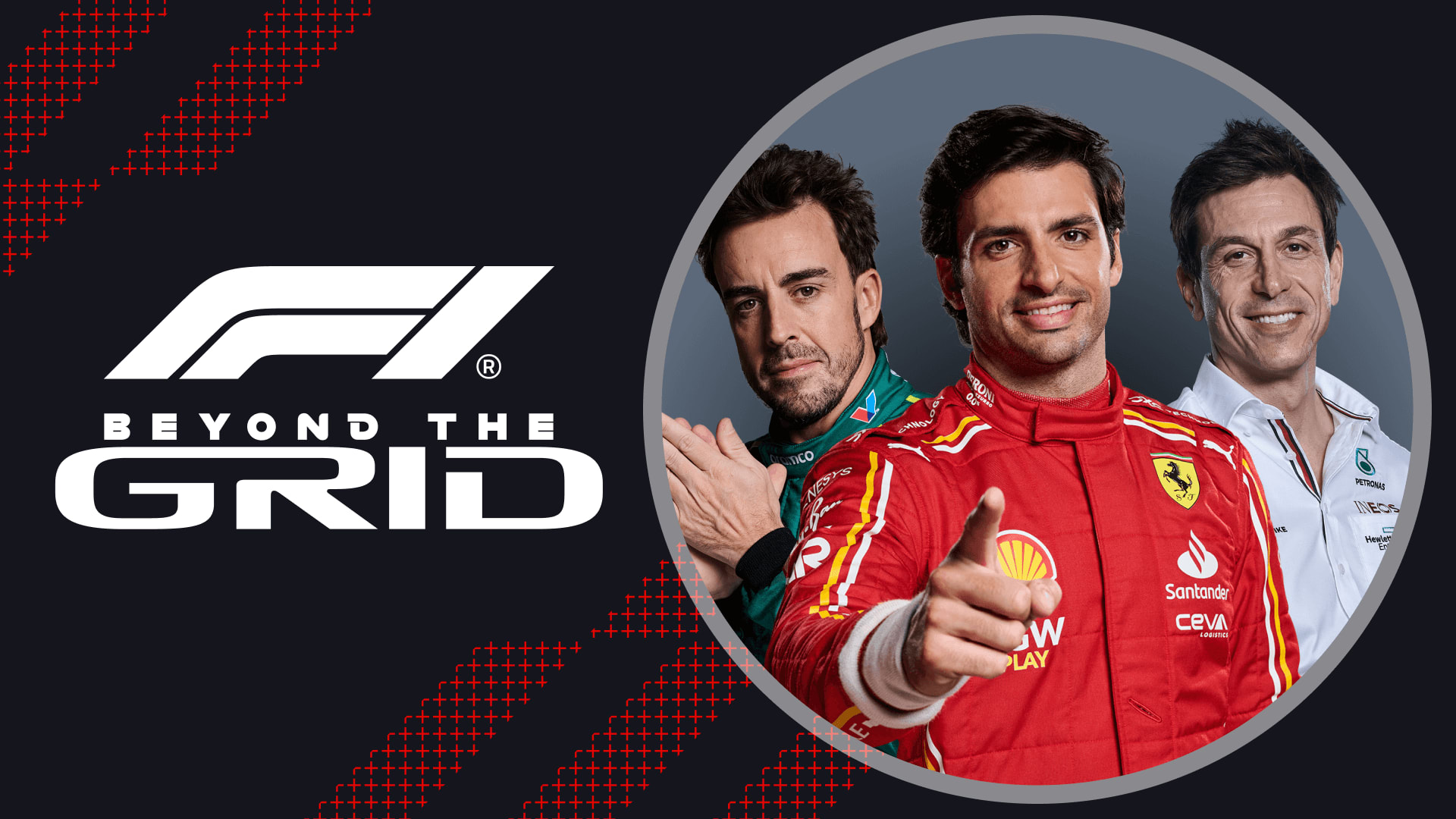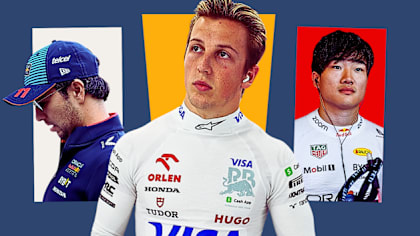
News
Honda reveal 'final major development' to power unit as they go all out to beat Mercedes in final year in F1
Share

Honda slipped a major F1 upgrade under the radar as they implemented a new energy store – what they've called a "significant" update to their power unit – for the Belgian Grand Prix, as they continue their all-out push to beat Mercedes to the championship in their final year in the sport.
Honda's final season in Formula 1 has seen them bring forward their 2022 engine by a year in a bid to help Red Bull win a first championship title since 2013. They said the energy store, fitted to the Red Bull and AlphaTauri cars in Belgium, represents the "final major development" to their 2021 power unit, before they bow out of Grand Prix racing at the end of the year.
Power struggle: How Honda caught up with Mercedes – and how the Silver Arrows fought back
Yasuaki Asaki, Honda F1's head of PU development, explained: "This new ES has been developed in a project that has taken several years, with an aim to combine improvements in energy efficiency with significant reductions in weight.
"In what will be the company’s final season in the sport, Honda F1 has managed to introduce the new ES – fitted with a lighter, low-resistance, highly efficient and ultra-high power battery cell – just in time for the start of the second half of the season.

The energy store, highlighted in the above diagram courtesy of Honda.Racing, stores recovered heat and kinetic energy from the MGU-H and MGU-K
"In order to achieve the ultimate goal of defeating Mercedes and winning the championship before leaving F1 at the end of the 2021 season, we recognised the need to enhance performance. As such, the development plan for the new ES was brought forward substantially from the original goal of 2022 to introduction during the 2021 season," he continued.
With the new ES, Max Verstappen took pole and victory in Belgium, and a dominant home victory in the next round at Zandvoort from pole position. That run was ended, of course, by a collision with Lewis Hamilton at Monza.
READ MORE: Verstappen handed three-place grid drop for Sochi after crash with Hamilton at Monza
"But the signs have been promising, after what was a huge amount of work to provide both performance and weight gains, the latter helping Red Bull optimise weight distribution," Honda said. The manufacturer dubbed the project a "massive undertaking" which was only possible thanks to collaboration from Honda's road car battery team in Japan, who worked with the Milton Keynes F1 factory.
As a result of that collaboration, Asaki said that the technology will be used on the road: "Even after Honda leaves F1, this new battery technology will contribute hugely to Honda’s future technology to create a carbon neutral society, lead the advancement of mobility and enable people everywhere in the world to improve their daily lives.
Red Bull, who will produce their own engines (using Honda's existing IP) from 2022 onwards, are 18 points behind Mercedes in the constructors' standings as the Russian Grand Prix looms.
YOU MIGHT ALSO LIKE
News ‘I was 99% sure I was going to continue with Ferrari’ says Sainz, as he admits ‘hurt’ at being replaced by Hamilton
FeatureF1 Unlocked THE BIG QUIZ OF 2024: 20 questions on the 2024 Formula 1 season
Feature ANALYSIS: Why Red Bull chose Lawson instead of Tsunoda as Perez's replacement
FeatureF1 Unlocked THE STRATEGIST: Could Norris have beaten Verstappen to the title had he maximised every race in 2024?




